 Adrian Mitchell’s exquisite writing captures the essence of the island in such a way that the reader becomes immersed in the life upon it. And within these wonderful descriptions of a tropical paradise it is easy for the reader to be completely captivated by the imagined life of his subject. The author’s words, spoken through the mind of the beachcomber’s wife, draw us in so that we feel her emotions one after the other.
Adrian Mitchell’s exquisite writing captures the essence of the island in such a way that the reader becomes immersed in the life upon it. And within these wonderful descriptions of a tropical paradise it is easy for the reader to be completely captivated by the imagined life of his subject. The author’s words, spoken through the mind of the beachcomber’s wife, draw us in so that we feel her emotions one after the other.
Category: Commercial FIction Reviews
A review of Daintree by Annie Seaton
It’s obvious that Annie Seaton has put great efforts into researching this story and she is well at home with this genre. The characters throughout are all well honed, coming across as credible, and the immaculately portrayed places fully loaded with poisonous snakes, aggressive cassowaries, amusing characters, exotic parrots, random crocodiles, and a selection of assorted frogs. The writing reveals a majestic and ancient rainforest.
A review of Coinman an Untold Conspiracy by Pawan Mishra
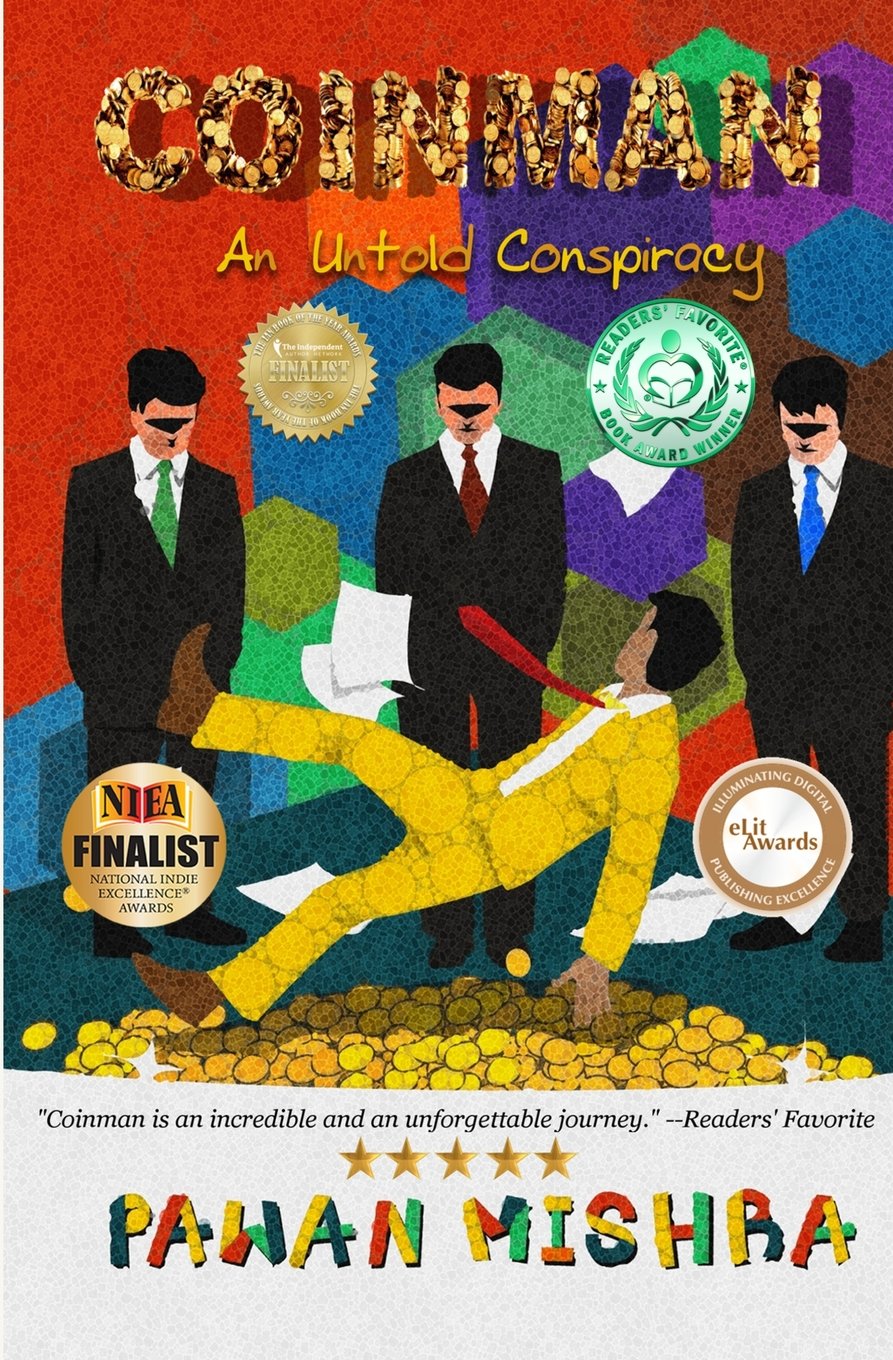 Mishra explores the banality of archetypical life in a nimble manner, raising questions about the nature of reality, and perception. Pawan Mishra has accomplished an exceptional, fascinating, and, at times entertaining book which also points the reader toward a moral lesson without doing so in a ‘preachy’ manner.
Mishra explores the banality of archetypical life in a nimble manner, raising questions about the nature of reality, and perception. Pawan Mishra has accomplished an exceptional, fascinating, and, at times entertaining book which also points the reader toward a moral lesson without doing so in a ‘preachy’ manner.
A review of The Dead Man by Nora Gold
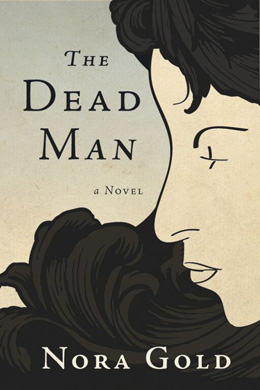 The novel will interest other writers because of its narrative features. Ms. Gold avoids murky stream-of-consciousness passages by presenting the story in the third person. Flashbacks are signalled by a shift from present tense to past. A writer-in-residence at the University of Toronto’s Ontario Institute for Studies in Education, and a prize-winning author, Ms. Gold knows her craft.
The novel will interest other writers because of its narrative features. Ms. Gold avoids murky stream-of-consciousness passages by presenting the story in the third person. Flashbacks are signalled by a shift from present tense to past. A writer-in-residence at the University of Toronto’s Ontario Institute for Studies in Education, and a prize-winning author, Ms. Gold knows her craft.
A review of Brought to Our Senses by Kathleen Wheeler
 In Brought to Our Senses, Wheeler tackles a very sensitive and personal topic with both compassion and pragmatism. Alzheimer’s has been called “the long goodbye”, and while that is unfortunately true, in the case of the Kraus family, the disease brings about some much-needed healing and new beginnings.
In Brought to Our Senses, Wheeler tackles a very sensitive and personal topic with both compassion and pragmatism. Alzheimer’s has been called “the long goodbye”, and while that is unfortunately true, in the case of the Kraus family, the disease brings about some much-needed healing and new beginnings.
A review of The Weekenders by Mary Kay Andrews
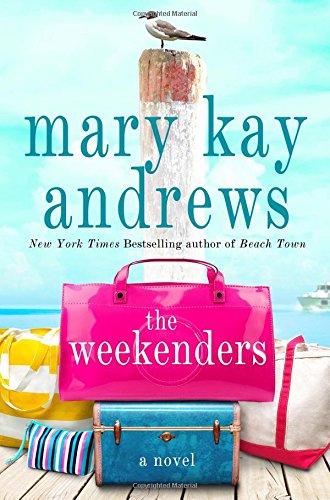 Andrews has two outstanding strengths as an author: character development and attention to detail. She takes readers right to this quiet, beautiful island and gives us a tour of its dwellings, many of which date back to the 1920’s and ‘30’s. Most of her protagonists are strong, funny, Southern women who accept their flaws and own the choices they’ve made, good or bad.
Andrews has two outstanding strengths as an author: character development and attention to detail. She takes readers right to this quiet, beautiful island and gives us a tour of its dwellings, many of which date back to the 1920’s and ‘30’s. Most of her protagonists are strong, funny, Southern women who accept their flaws and own the choices they’ve made, good or bad.
A review of My Name is Lucy Barton by Elizabeth Strout

A review of The A to Z of Normal by Helen Barbour
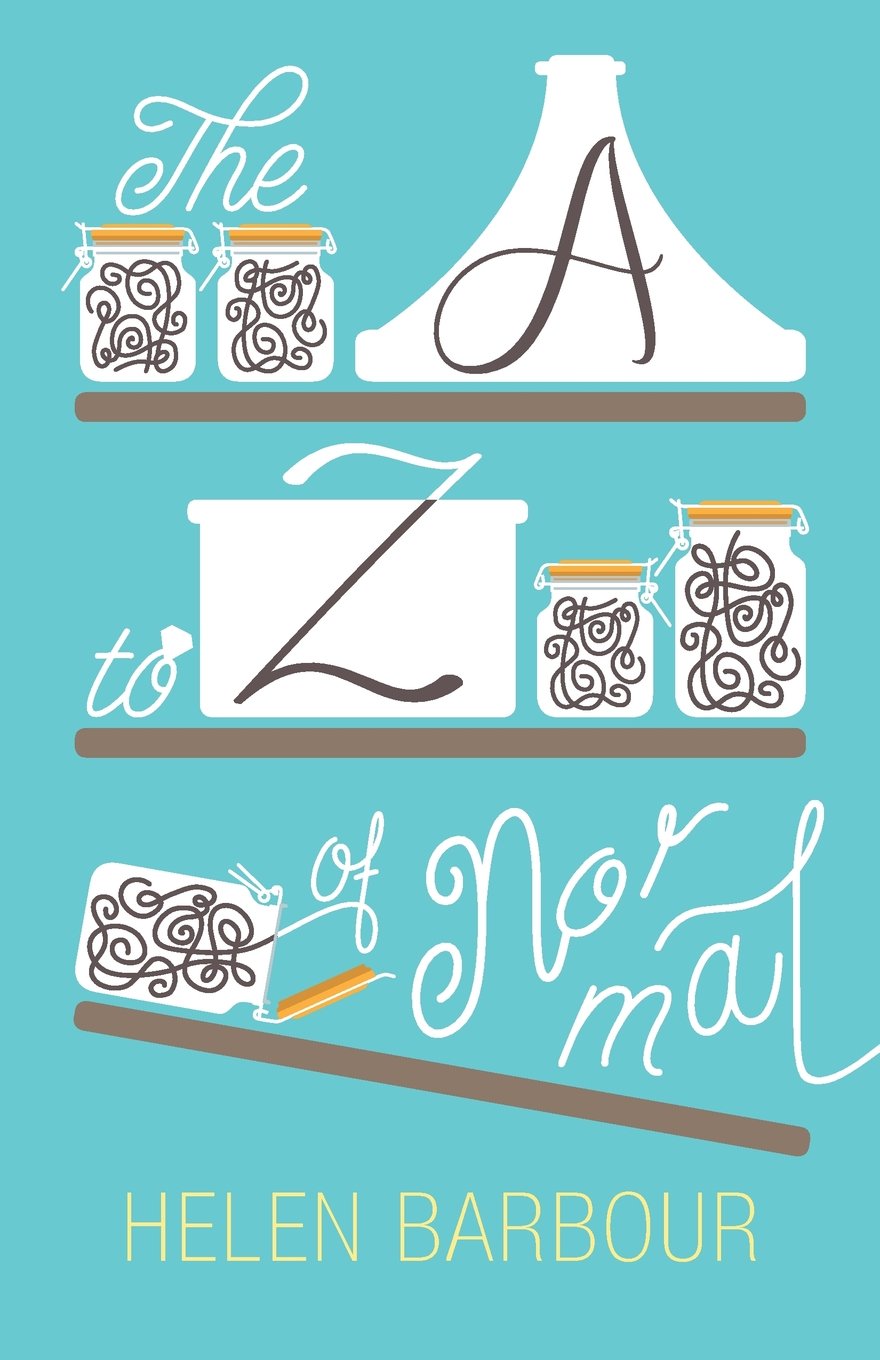 The A to Z of Normal, by British author Helen Barbour, is a “relationship novel,” but has more to say than a romance, or a “chick lit” book. Readers like to learn while being entertained, and in this novel, Ms. Barbour gently educates us about Obsessive-Compulsive Disorder and deserves praise for recognizing the dramatic potential in a subject seldom-explored in fiction.
The A to Z of Normal, by British author Helen Barbour, is a “relationship novel,” but has more to say than a romance, or a “chick lit” book. Readers like to learn while being entertained, and in this novel, Ms. Barbour gently educates us about Obsessive-Compulsive Disorder and deserves praise for recognizing the dramatic potential in a subject seldom-explored in fiction.
A review of Things Unsaid by Diana Y Paul
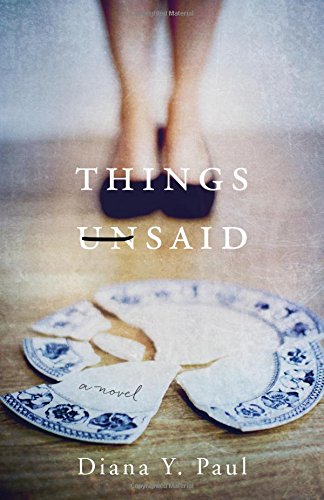 Paul presents a solidly-written cast of characters who are relatable in their imperfections and sense of duty to both their blood and created families. Readers are sure to recognize at least a trace of their own family dynamic in these characters.
Paul presents a solidly-written cast of characters who are relatable in their imperfections and sense of duty to both their blood and created families. Readers are sure to recognize at least a trace of their own family dynamic in these characters.
A review of Gray Mountain by John Grisham
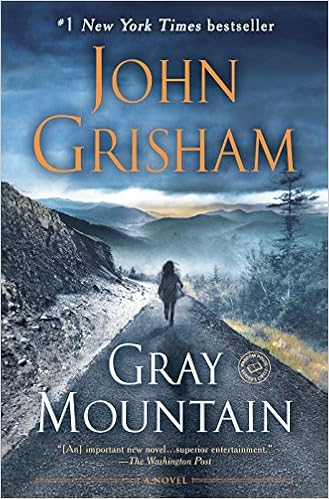 Grisham employs several new strategies that constitute his most meaningful strides towards lessening prejudice against women and giving them a strong status in the legal field as is true nowadays in attempting to create a strong novel with a strong heroine: nearly no objectification towards women, objectification of men, and verbalized desire to change their status quo and lessen objectification.
Grisham employs several new strategies that constitute his most meaningful strides towards lessening prejudice against women and giving them a strong status in the legal field as is true nowadays in attempting to create a strong novel with a strong heroine: nearly no objectification towards women, objectification of men, and verbalized desire to change their status quo and lessen objectification.